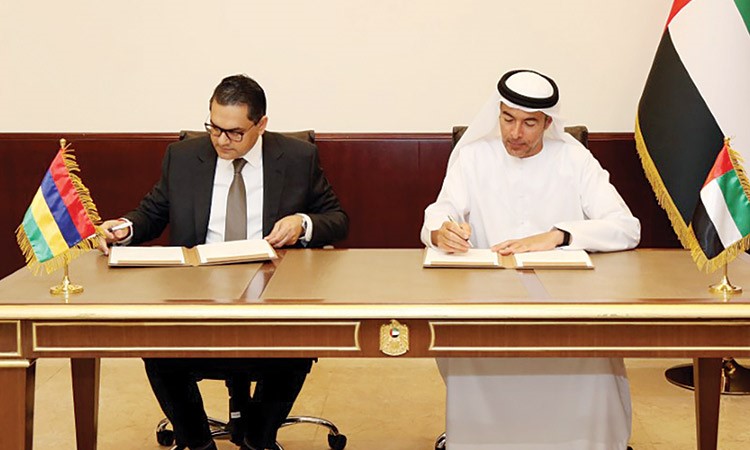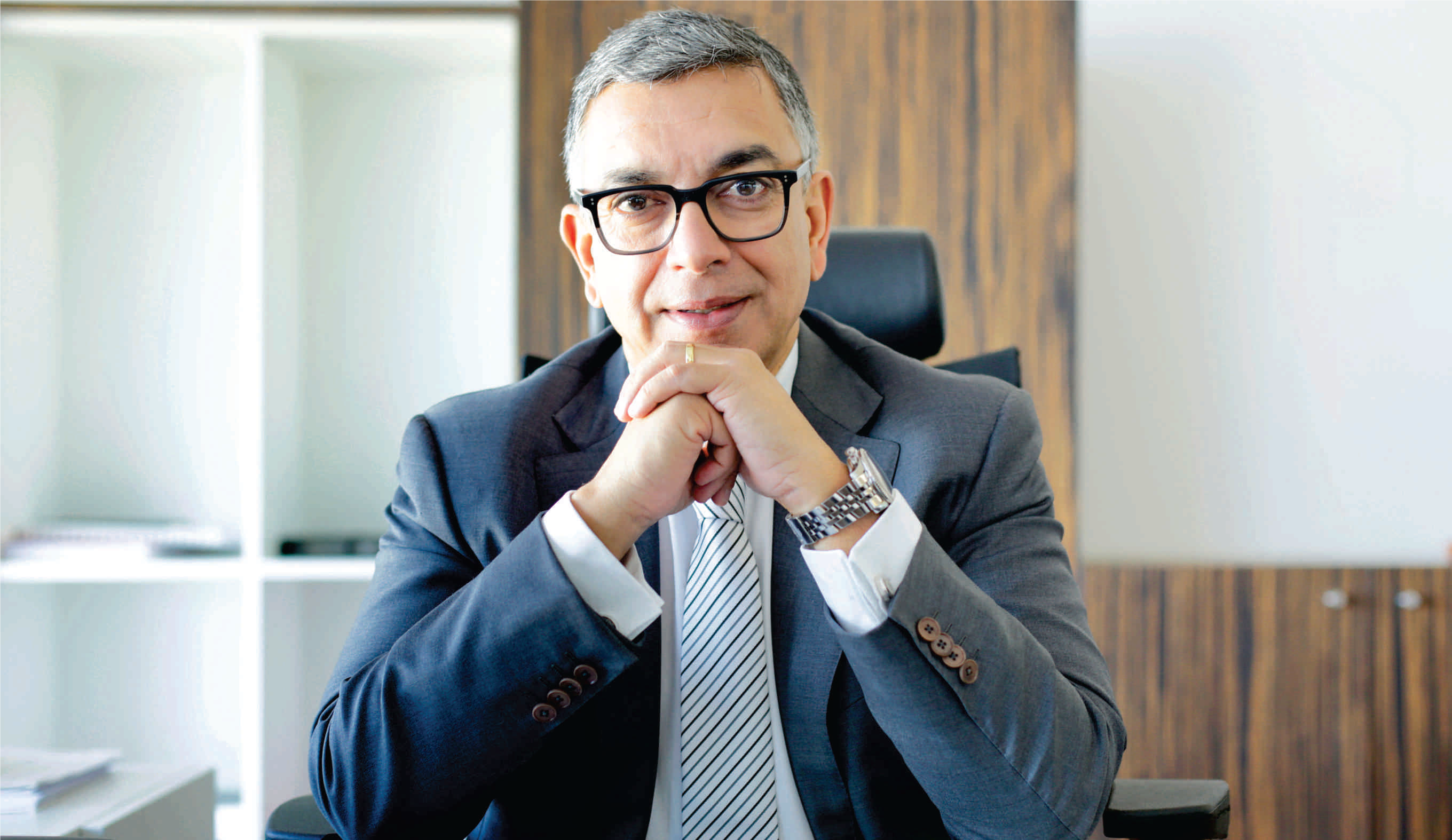On 11 March, the second anniversary of the World Health Organisation (WHO) declaring Covid-19 a global pandemic, Kenya became one of the first African countries to lift its remaining restrictions.
Top of the list was that face masks were no longer mandatory, nor was quarantine for confirmed Covid-19 cases, and limitless public gatherings are now allowed.
This was done despite Kenya having not yet having achieved herd immunity for vaccination, but with 29% of its adult population inoculated, it is above the continental average that stands at 11%.
Zimbabwe, too, made adjustments, particularly for the tourism industry.
“We are not saying if you are not vaccinated, you don’t come into the country. We do not have that position yet; we have said it is an advantage. What we require instead is a negative PCR test,” said tourism minister Mangaliso Ndlovu.
World Bank figures say travel and tourism contributed 4.1% to Zimbabwe’s GDP in 2020, representing over R10 billion. For one of the poorly performing economies in Southern Africa, Covid-19 lockdown restrictions had adverse effects. With the closure of international travel, the tourism industry came to a standstill.
Governments of countries such as Botswana, Namibia, and Lesotho, are engaged with urging citizens to take vaccines before they expire while at the same time are encouraging booster immunisation.
Two years on, and with numerous variants of the Covid-19 virus, Africa has come to realise that it should be in control of its health needs because any pandemic in the future can cripple the continent.
Moussa Faki Mahamat, the African Union (AU) Commission chairperson at the signing of a Memorandum of Cooperation Between the United States and the African Union in Washington, voiced Africa’s need for vaccine production and an increased role in global health security.
“We are a continent of 1.3 billion inhabitants. So, therefore – from the health point of view – we have to take all the necessary measures.
“It is for this reason that we have established the African Medicines Agency, (AMA), and our objective – as you have pointed out – is at least to be able to produce, manufacture vaccines in Africa, with the support of the United States and other partners,” he said.
As of early February, 11% of the African population had been vaccinated for Covid-19. WHO said for Africa to achieve herd immunity, its vaccination rollout should increase six-fold. Only Mauritius and Seychelles surpassed the 70% target.
The recommendation from the global body was that the slow uptake in Covid-19 vaccines in Africa requires global partners and countries to reset their programmes.
As such, the United States, through its Global Vaccine Access (Global VAX), said it’s expanding its reach into Africa.
“While we currently work together on Covid-19 vaccine development, these efforts lay the foundation for accelerating the development of vaccines, therapeutics and other critical medical tools for a range of diseases.
“This complements existing work and technical partnerships across Africa for similar efforts to meet immediate and long-term health needs,” said American secretary of state Antony Blinken in a statement on Friday.
South Africa, Egypt, Kenya, Nigeria, Senegal, and Tunisia will be the first countries in Africa to receive technological assistance for the production of mRNA vaccines crucial to the fight against Covid-19.


